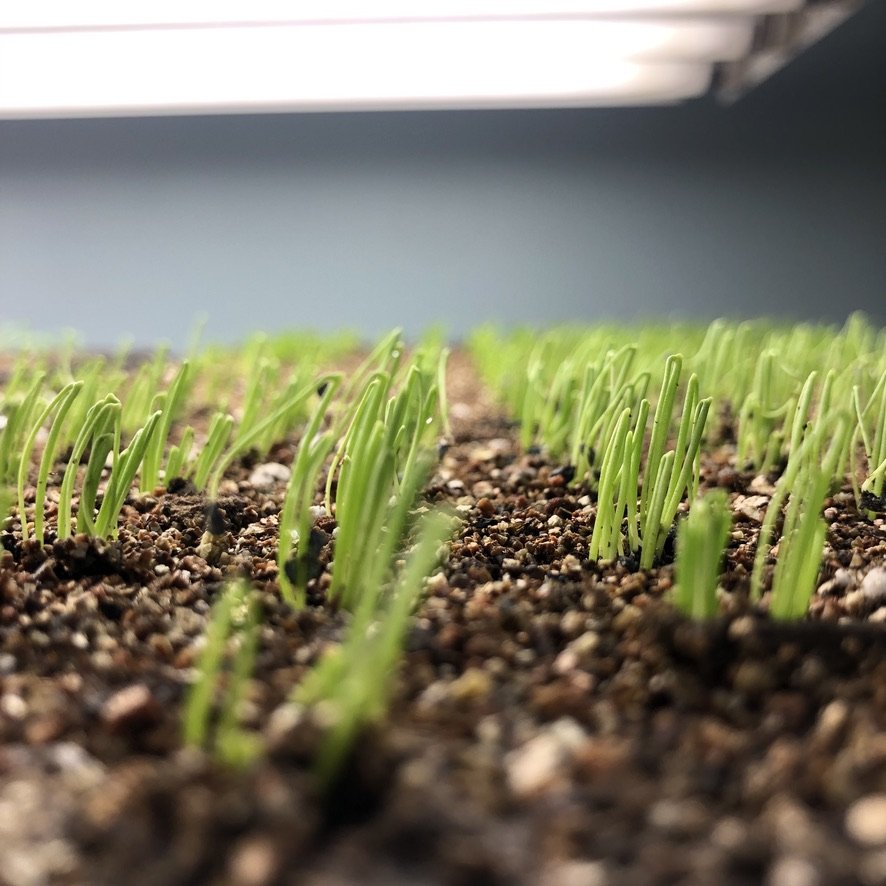
Blog
Deep dives into both timely and timeless food system topics

2024 Annual Report: Growing Together!
The Kearsarge Food Hub community showed up in a big way in 2024 to make tremendous strides toward building a resilient food system and connected community!
We’re thrilled to present it to you in this 2024 Annual Report: Growing Together!
The impact the food hub had over the past year in the Kearsarge region is made possible by the generosity of many caring hands and hearts, from donors to shoppers to volunteers to community partners.

2025 KFH Annual Meeting Reflections
We had a wonderful 2025 Annual Meeting on Thursday, April 12th and wanted to make sure you got the chance to check it out if you missed it - watch the full recording here!
Events like this truly energize us by highlighting the strength of our community and what we can achieve together. A special thank you to Nicole Cardwell for sharing about the NH Food & Agriculture Strategic Plan. We gained valuable insights into the necessary improvements in our food system and the importance of strategic collaboration in making progress!
We feel inspired by all the many ways this community contributes to a viable, secure and joyful food system. And still, we know there is much work to be done to continue bringing our vision of a resilient food system and connected community into focus…

Introducing the 2025 New Hampshire Food & Agriculture Strategic
Join us, the NH Food Alliance, the NH Department of Agriculture, Markets, and Food, and all the people working across New Hampshire’s food system as we celebrate the official release of the 2025 New Hampshire Food and Agriculture Strategic Plan!
The plan exists both in print and as an interactive online platform, offering a wealth of information and recommendations for harnessing the power of collaboration to strengthen our food system.
Kearsarge Food Hub is honored to have contributed to the authoring of this Strategic Plan, alongside the expertise and guidance of hundreds of food system professionals.
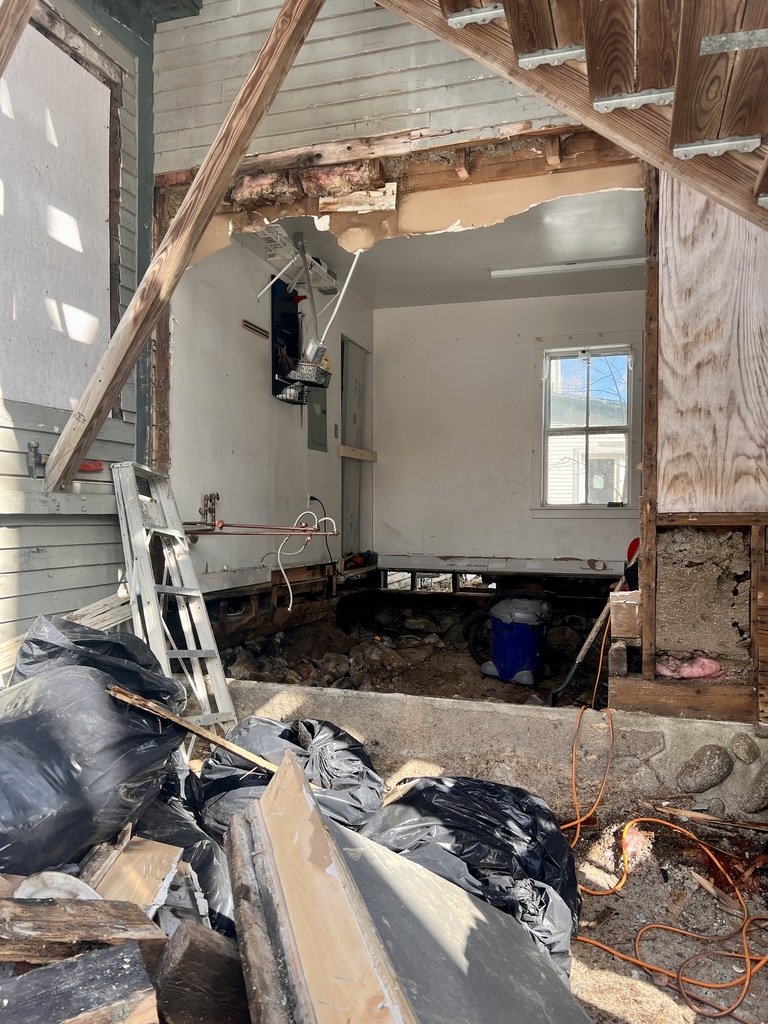
Fire recovery update - and how you can help!
We’re continuing to recover from the damage caused by a building fire where Sweet Beet Market + Cafe operates back on February 18th. In the effort to keep our community informed on our progress and what to expect, we have a brief update on how the recovery is going.
We hoped the building repairs would not include ripping up the kitchen floor where the fire burned, but unfortunately this could not be avoided. The floor has been partially torn up to remove char-damaged materials and mitigate long term issues. By taking care of this now, we will not have to worry about addressing it and having to close kitchen operations in the future.

Federal Policies Affect Food Security for NH Neighbors
Supplemental Nutrition Assistance Program (SNAP), previously known as food stamps, is a food access program funded by the United States Department Agriculture (USDA).
The funding and administration of SNAP involve collaboration among the Secretary of Agriculture, Congress, and the Farm Bill. Changing administrations can mean big or small changes to federal funding and prioritization of programs like SNAP.
This is a good time to review what this program does and how it supports low income families as there are significant budget cuts making their way through Congress that will have real impacts on millions of Americans.

Community Rallies to Support Sweet Beet post-fire
Since the fire that broke out at 11 West Main Street in mid-February rendered Sweet Beet Kitchen temporarily closed, the community has rallied to help keep our services going strong and it’s positively uplifting!
Blue Loon Bakery in New London bakes delicious breads of all kinds and makes yummy sandwiches, soups, quiche, and more. Find their goodies at Sweet Beet on the weekends while our kitchen is closed!
Blue Loon Bakery in New London reached out immediately after the fire to offer support and ended up sending over pastries, sandwiches, quiche and soups to satisfy customers the first weekend after the fire. They have committed to continuing to provide goods as long as needed and we’re all so grateful…

Sweet Beet Cafe temporarily closed for post-fire reconstruction
As many have heard, there was a fire at 11 West Main st, home of Sweet Beet, on Tuesday, February 18th.
Fortunately, no one was hurt and the fire was contained. We extend our gratitude to Sweet Beet staff members Cassie and Micayla for noticing the fire and taking quick action, the first responders, and Bradford, Henniker, Warner, and New London fire departments for their efficient work in stopping the spread of the fire.
Sweet Beet Café will unfortunately be closed as we undergo significant repairs, but some goodies will still be available thanks to beautiful community support!
Read more for details…

A Decade of Impact and an Exciting New Loyalty Program!
As the sun shines and the January freeze bites at our noses, we’re celebrating ten amazing years at the Kearsarge Food Hub!
From our humble beginnings at Sweet Beet Farm Stand, our journey has been fueled by the unwavering support of our loving community, passionate supporters, and dedicated team.

Tasty Morsels: Best of 2024 at KFH!
There is so much to reflect on as we near the end of another incredible, dynamic, and yes, challenging, year here at the Kearsarge Food Hub.
Join us in reflecting on the past year.

2024 Season of Gratitude & Giving Success!
We’re all smiles reflecting on this 2024’s Season of Gratitude & Giving, feeling the love and the solidarity with an incredible community of supporters!!
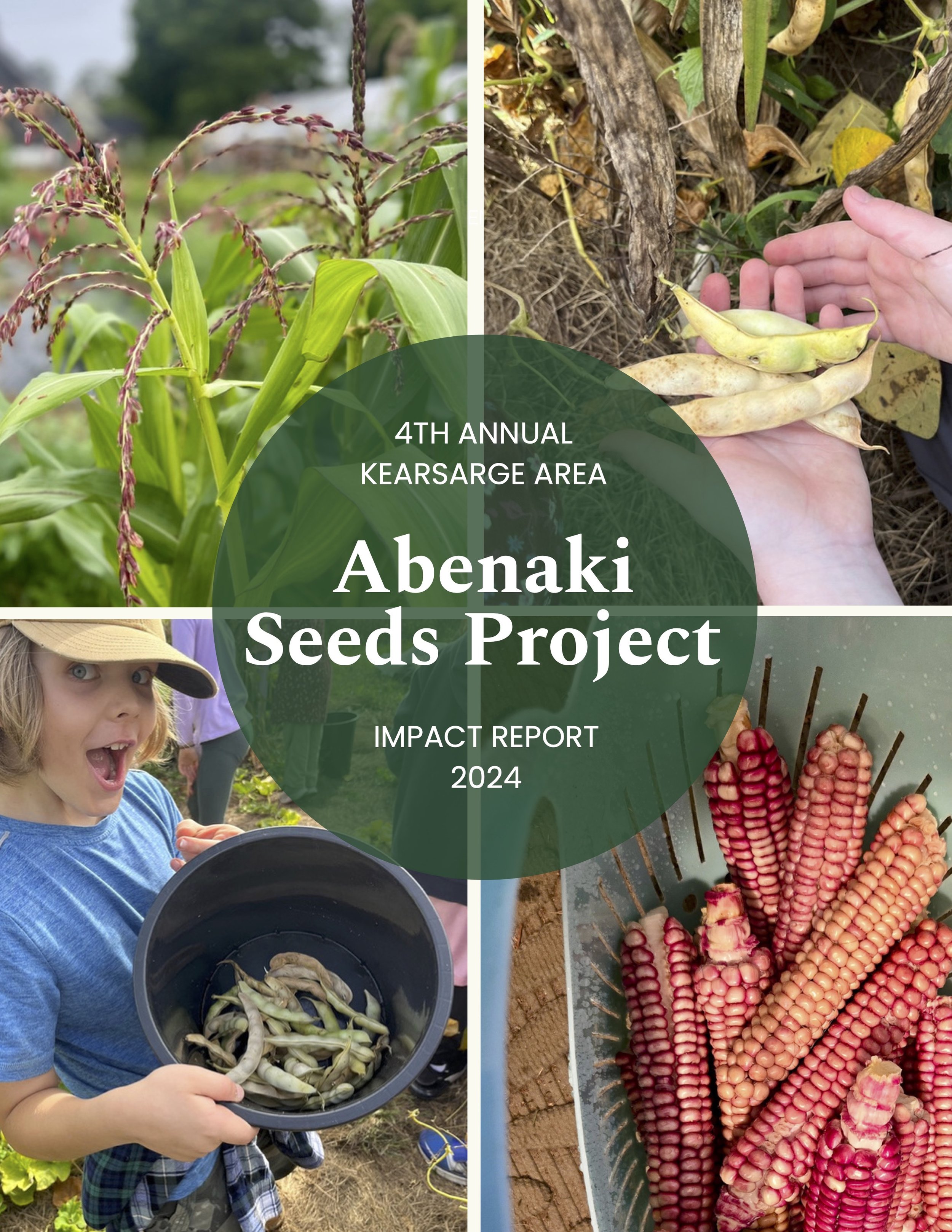
Abenaki Seeds Project Survey Results & Impact Report
In 2024, the Abenaki Seeds Project celebrated its 4th year in the Kearsarge Area, and the impact continues to deepen with each year.
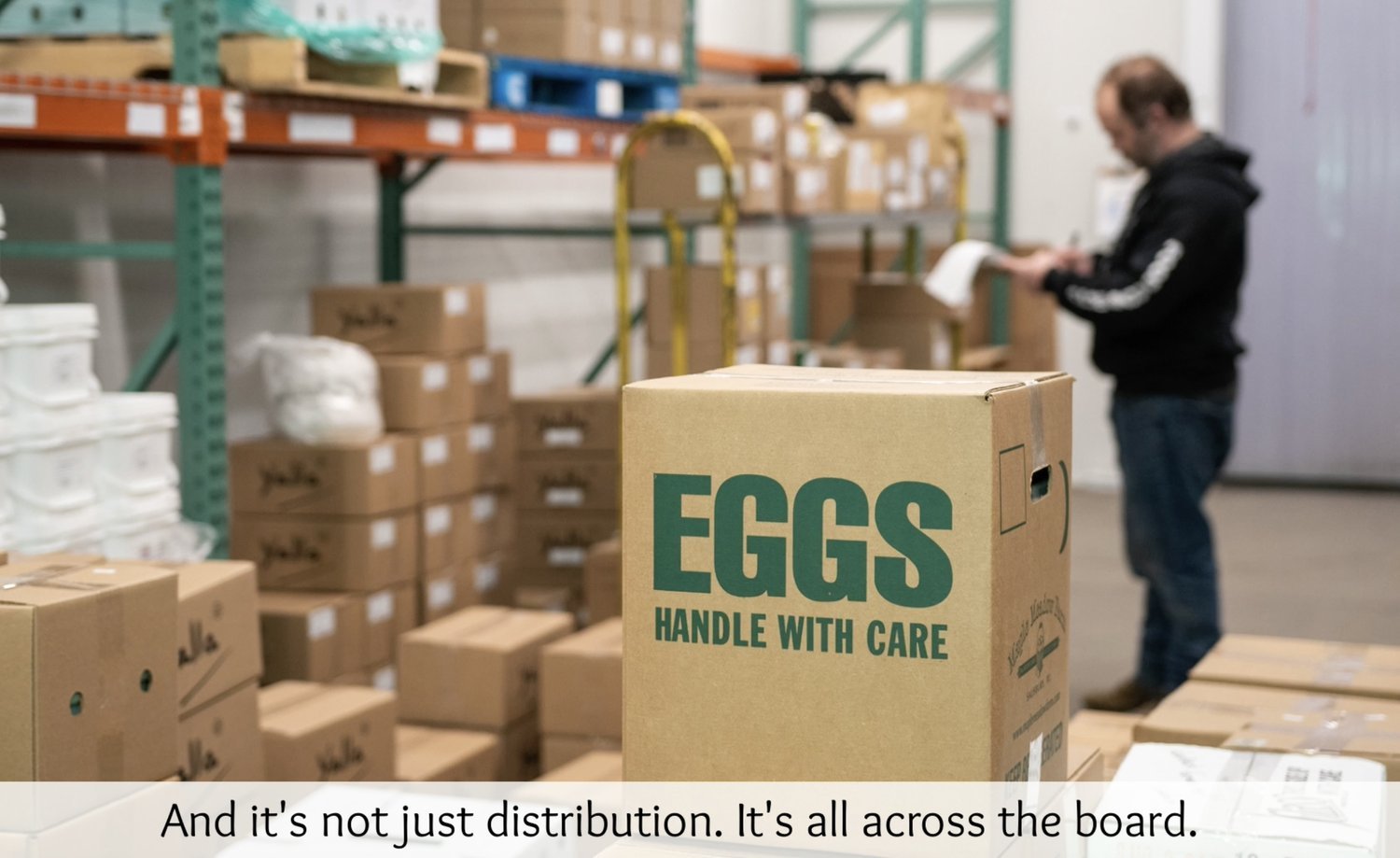
2024 Love Local: Rebuilding the Middle of the Food Supply Chain
The 4th Annual Love Local event here at the Kearsarge Food Hub focused on folks in the middle of the food chain.
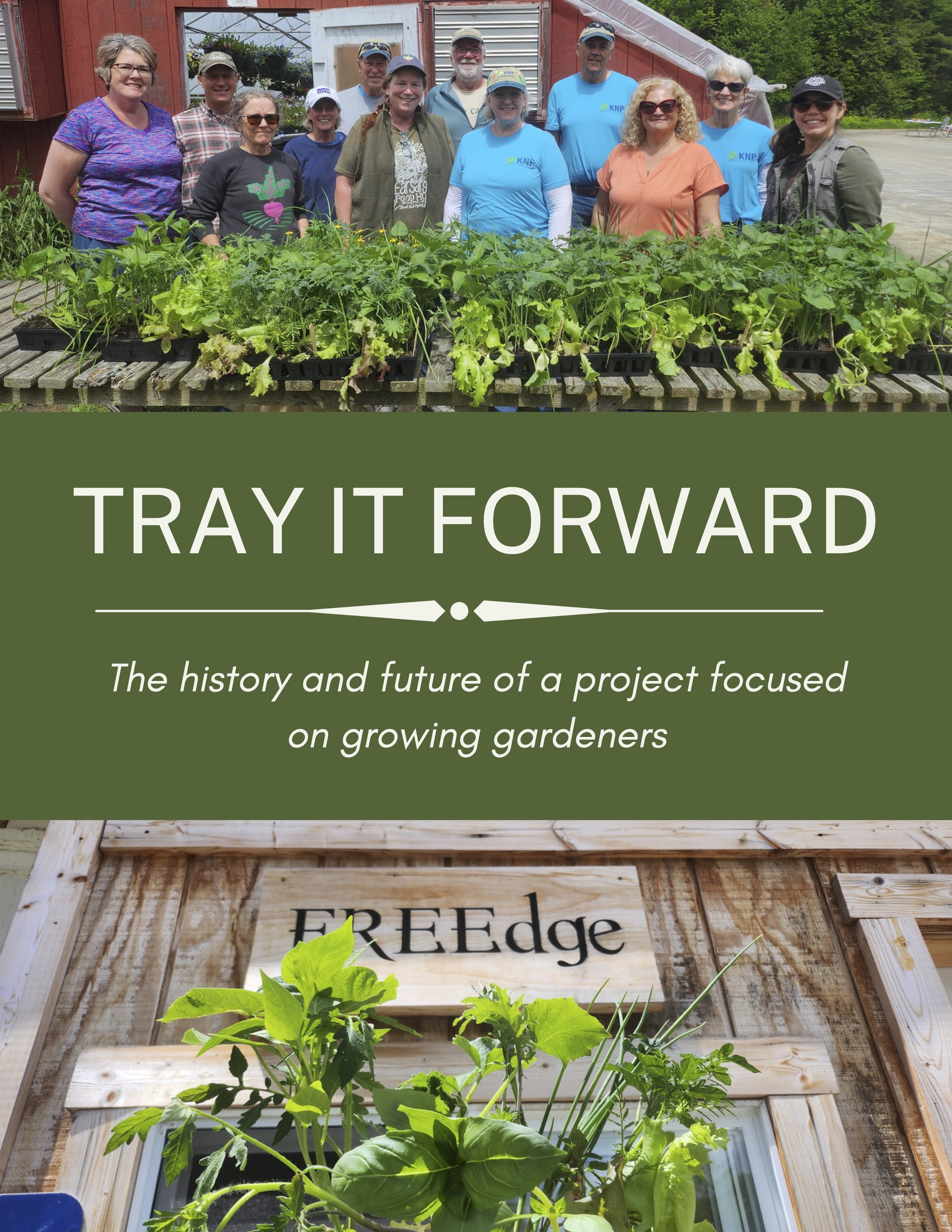
Tray it Forward Survey Results & Impact Report
Tray it Forward is a project that began in the spring of 2020 in response to the COVID-19 pandemic as a way to help folks grow their own food and connect around gardening.

Celebrating Indigenous People’s Day: The Seeds of Community Resilience!
As we observe Indigenous Peoples Day, we share our deepest gratitude to the Nulhegan Band of the Coosuk Abenaki Nation and their generous efforts sharing Indigenous heritage and knowledge with the community.

2023 Love Local: Meet Your Farmers + Makers Recap
2023 was a particularly challenging growing season for New England farmers and food producers, given the extreme weather events across the region and increasingly unpredictable weather patterns.
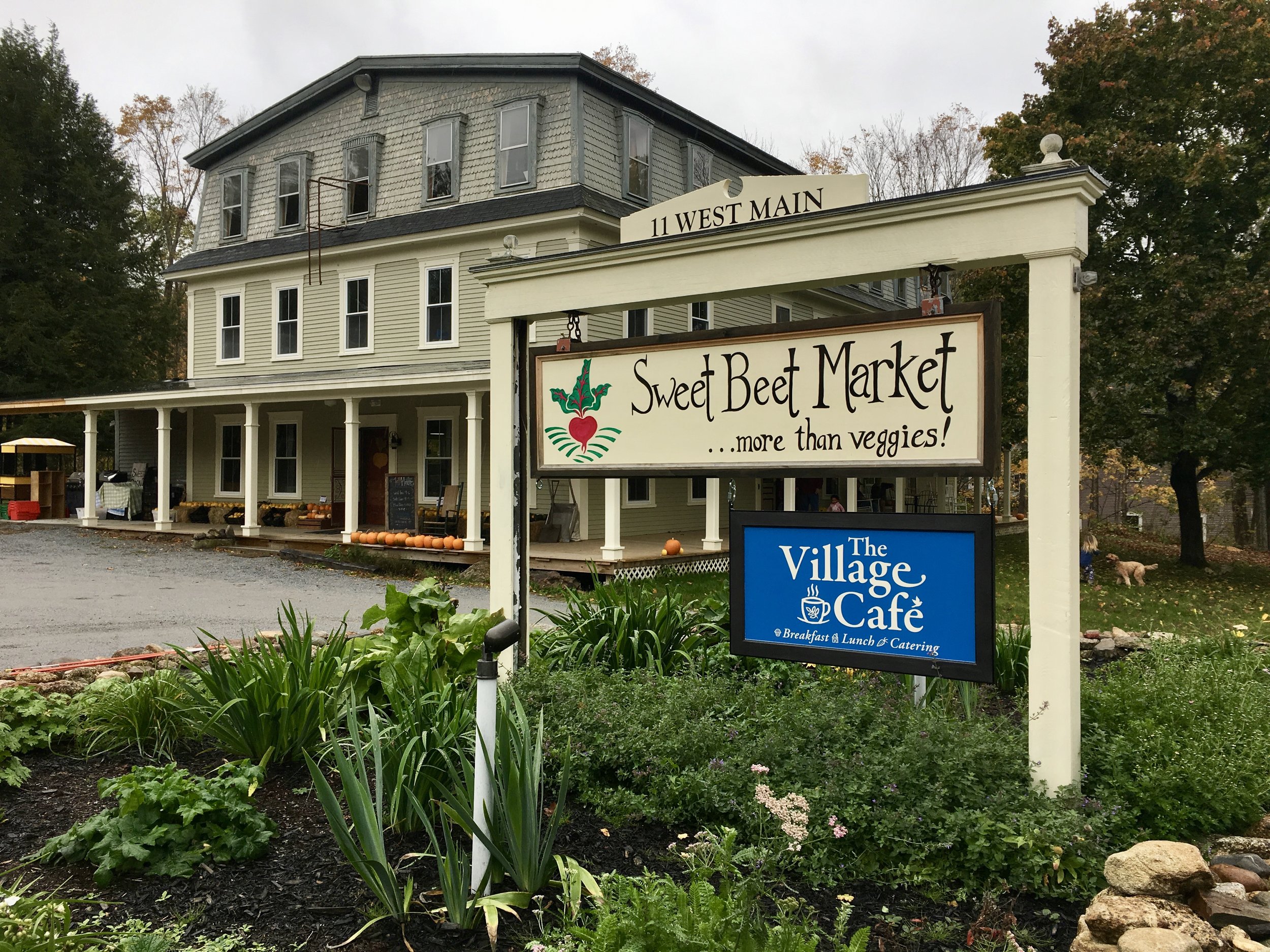
2024 Community Fair Slideshow
Dear community, thank you so much for an absolutely incredible 4th Annual Community Fair!
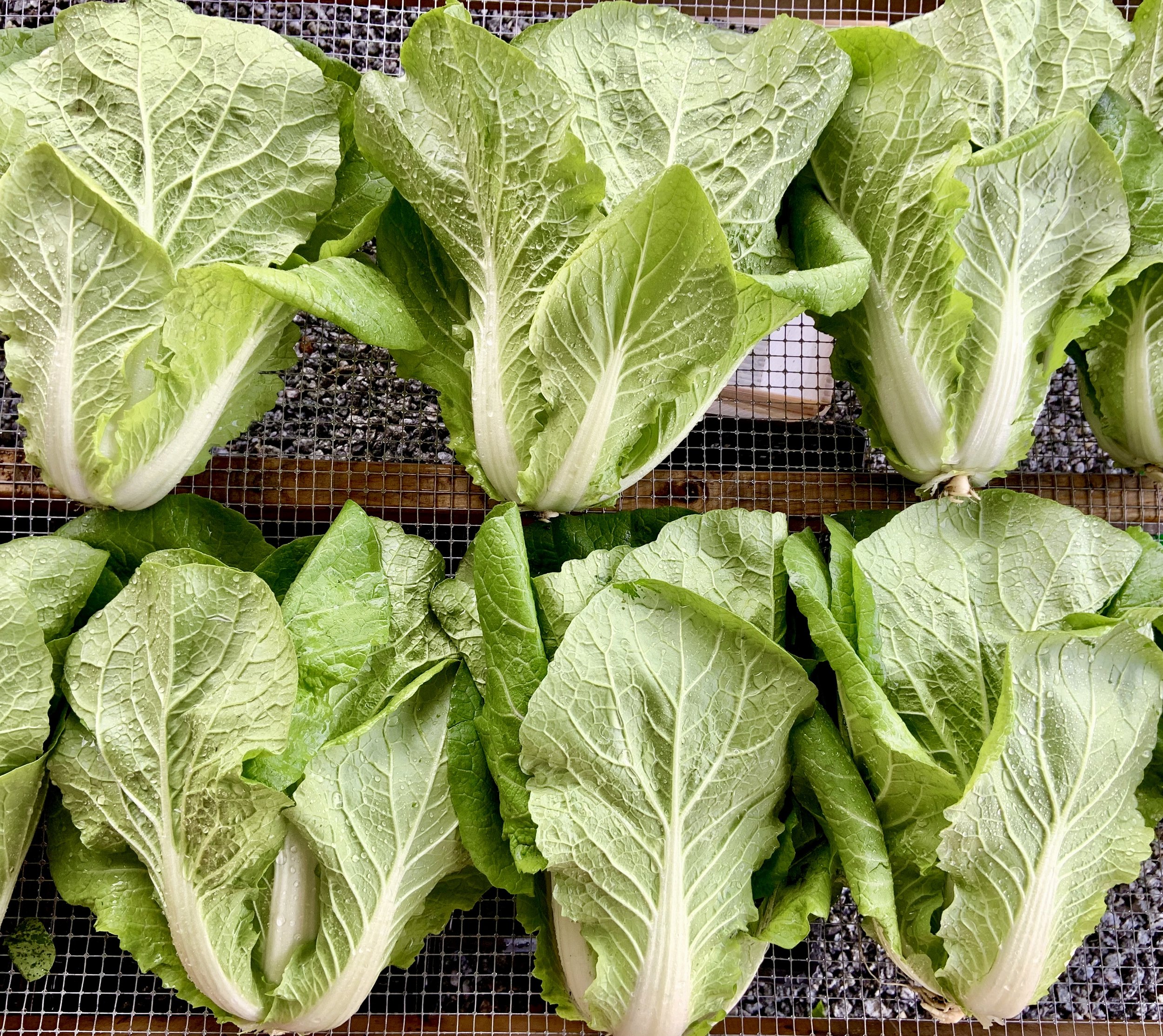
5 Awesome Reasons to Eat Local
When we support local food and farming operations, we are contributing to a more resilient and connected community where all neighbors are empowered to access healthy local food, local farmers are supported and the land is nourished, and all people share a common sense of place!
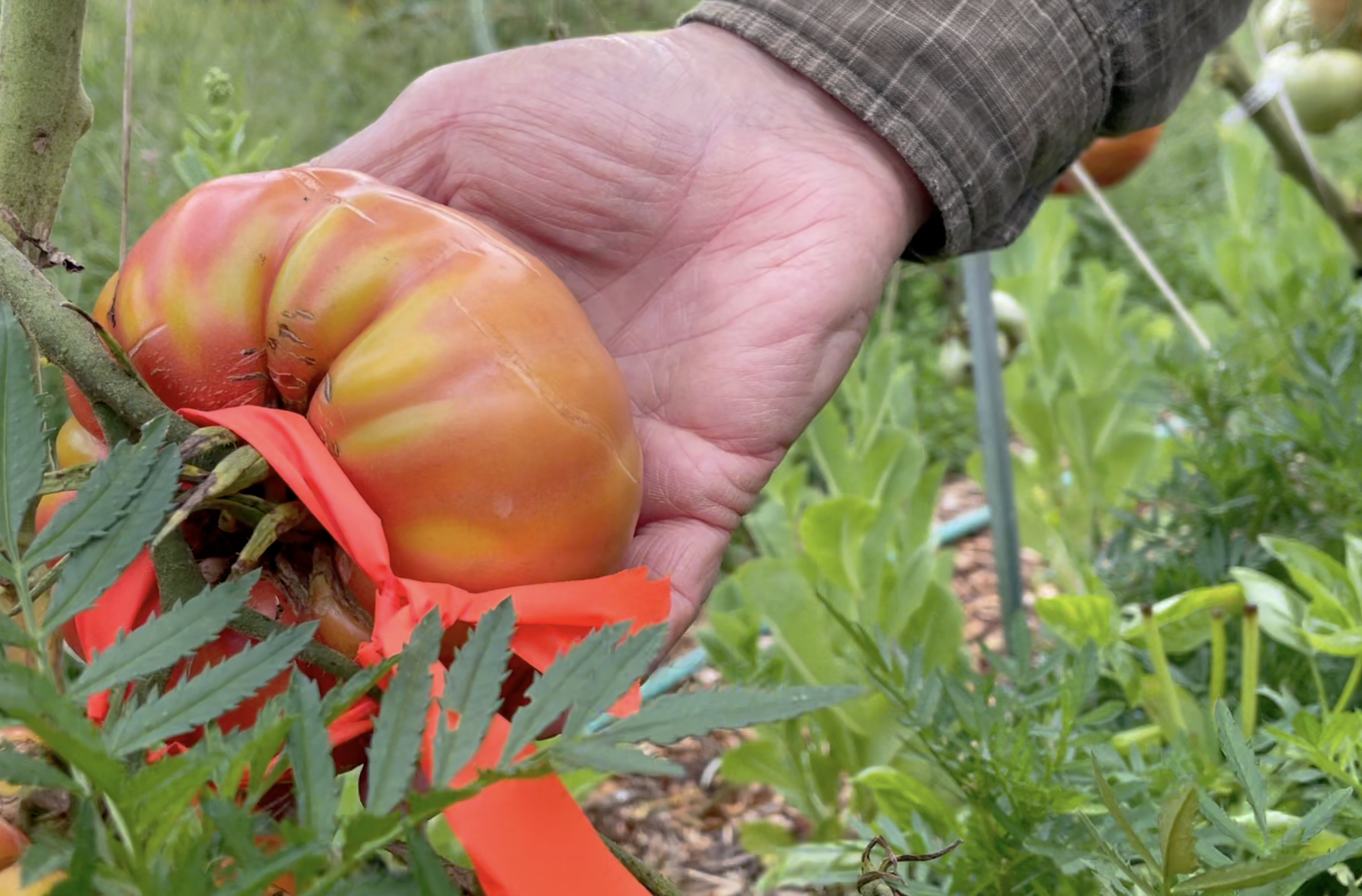
In the garden with Leon: Why and how to save seeds!
August is NH Eats Local month here in New Hampshire, a time to celebrate all things local food in the Granite State!
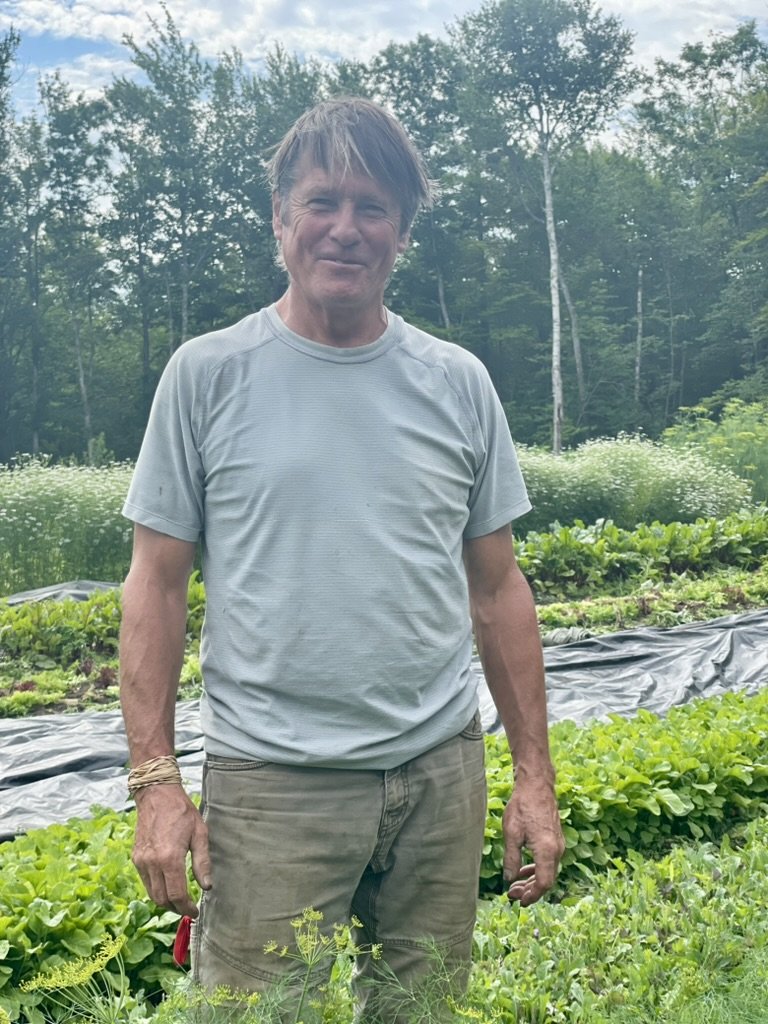
Celebrating Charles Kelsey and his service to KFH!
We’re celebrating the incredible service of Charles Kelsey on the Kearsarge Food Hub Board of Directors, as he steps down from his position as Board Chair.

Why Flowers? Three benefits of adding blooms to your small farm
As the agricultural landscape continues to evolve, and pressure from industrial scale agriculture makes it increasingly difficult for small scale operations, small farm businesses are constantly seeking innovative ways to thrive and differentiate themselves.
